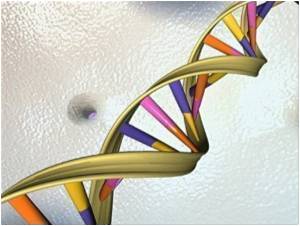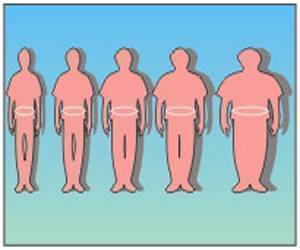Leading to an explosion of studies comparing the genomes of people with and without a given disease, sequencing an entire human genome is faster and cheaper than ever before.

How do doctors pinpoint the genetic changes that really cause disease? An open-access policy paper to be published in Nature proposes guidelines for researchers studying the effects of rare genetic variants. The recommendations focus on several key areas, such as study design, gene- and variant-level implication, databases and implications for diagnosis.
Co-author Chris Gunter, PhD, associate director of research at Marcus Autism Center and associate professor of pediatrics at Emory, is one of the organizers of the 2012 workshop of leading genomics researchers, sponsored by the National Human Genome Research Institute, that led to the paper.
"Several of us had noticed that studies were coming out with wrong conclusions about the relationship between a specific sequence and disease, and we were extremely concerned that this would translate into inappropriate clinical decisions," she says.
Potentially, based on flawed results, physicians could order additional testing or treatments that are not truly supported by a link between a genetic variant and disease, and this paper could help prevent such inappropriate decisions, Gunter says.
The group of 27 researchers proposes two steps for claiming that a genetic variation causes disease: detailed statistical analysis followed by an assessment of evidence from all sources supporting a role for the variant in that specific disease or condition. In addition, they highlight priorities for research and infrastructure development, including added incentives for researchers to share genetic and clinical data.
Advertisement
The authors note that many DNA variants "may suggest a potentially convincing story about how the variant may influence the trait," but few will actually have causal effects. Thus, using evidence-based guidelines such as the ones in the Nature paper will be crucial.
Advertisement
Source-Eurekalert









